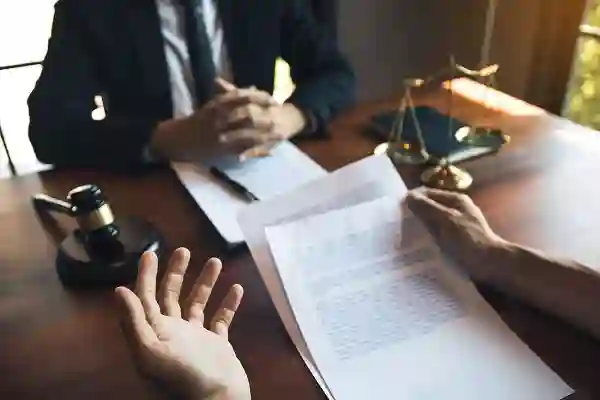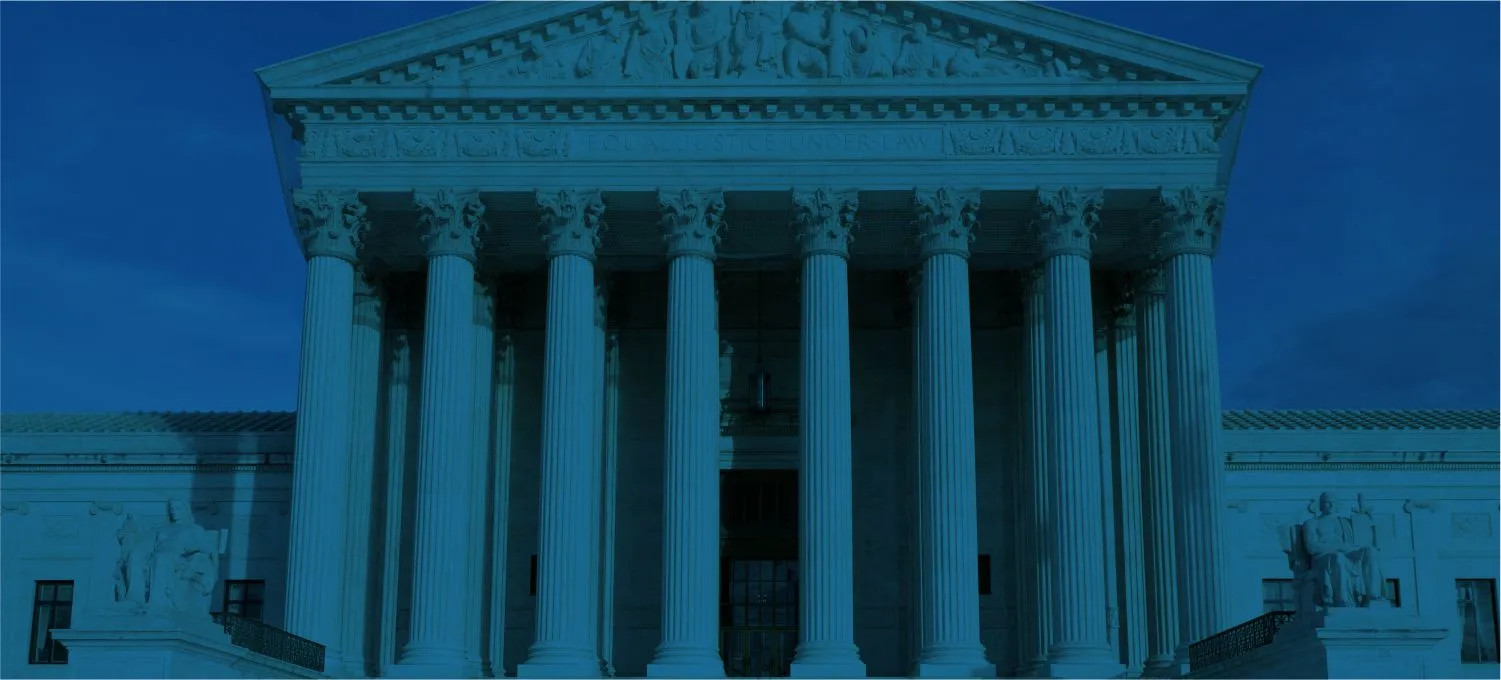Misdemeanor Offense Lawyer Philadelphia
Call: (215)-799-9990
 I know what you may be thinking: it’s just a misdemeanor. I can handle this myself, right? This thought is a common misconception by individuals who are facing this particular offence. Misdemeanors are crimes that can include jail time and can are predisposed to turning into felonies if not handled accordingly. So while you may not think that a misdemeanor is a serious offense, you should seek counsel from a qualified attorney here at the Law Offices of Greg Prosmushkin. Our Philadelphia Criminal Defense Lawyers can present the best evidence possible and aggressively advocate the merits of your case in order to protect your financial and physical freedom.
I know what you may be thinking: it’s just a misdemeanor. I can handle this myself, right? This thought is a common misconception by individuals who are facing this particular offence. Misdemeanors are crimes that can include jail time and can are predisposed to turning into felonies if not handled accordingly. So while you may not think that a misdemeanor is a serious offense, you should seek counsel from a qualified attorney here at the Law Offices of Greg Prosmushkin. Our Philadelphia Criminal Defense Lawyers can present the best evidence possible and aggressively advocate the merits of your case in order to protect your financial and physical freedom.
Most criminal offenses in the Commonwealth of Pennsylvania are divided into two distinct groups – felonies and misdemeanors. Although felonies are more serious, Misdemeanors are themselves also fairly serious offenses, ones which can result in years of imprisonment and thousands of dollars in fines.
Misdemeanors are divided into three subcategories: first, second, and third degree. These criminal offenses have varying penalties, all of which are significant enough to warrant the retention of a Criminal Defense Attorney. The Law Offices of Greg Prosmushkin, P.C. has decades of experience in defending people just like you from both similar and more serious offenses.
Misdemeanor Offenses in Philadelphia
A First-Degree Misdemeanor is the most serious grading a crime can receive short of a felony. The degree of seriousness descends as the numbers increase (the first is the most serious, second is next, and third is least serious).
A First-Degree Misdemeanor:
- Is punishable by up to 5 years in prison
- May carry up to $10,000 in fines
- Includes offenses such as Stalking, illegally selling weapons, and endangering the welfare of children
A Second-Degree Misdemeanor:
- Is punishable by up to 2 years in prison
- May carry up to $5,000 in fines
- Includes offenses such as bigamy, the reckless endangerment of another person, and resisting arrest
A Third-Degree Misdemeanor:
- Is punishable by up to 1 year in prison
- May carry up to $2,500 in fines
- Includes offenses such as lewdness, loitering, Disorderly Conduct, and providing alcohol to minors
Misdemeanor Sentencing
While judges in Pennsylvania generally have broad discretion in sentencing, allowing them to weigh the gravity of an offense, and levy sentences as insignificant as community service and/or probation, this is not always the case. Mandatory minimums on some offenses will deny the judge flexibility, meaning that if a defendant is found guilty, the judge will be forced to impose a sentence in line with the minimums prescribed by statute.
In the majority of situations, however, the judge will use their own judgment, while factoring in both the Offense Gravity Score (OGS) and any prior criminal history of the individual. The OGS is a number which is meant to indicate the severity of the offense (the higher being more severe). This score will be weighed by the judge in conjunction with the individual’s criminal record to decide on sentencing – within the legal limits.
The primary difference here lies in judicial discretion. Generally speaking, a judge is to use the law as a guideline for sentencing and, after factoring in all evidence and relevant information before them, including criminal record, mitigating factors, age, etc., will levy what is hopefully an appropriate sentence. Mandatory minimums allow for no such flexibility. The judge is strictly bound to the penalties prescribed by law.
Why Do I Need a Lawyer?
A Criminal Defense Attorney can present the best evidence possible, and discredit any unfavorable evidence while aggressively advocating the merits of your case to protect your financial and physical freedom from penalty. In the event judicial discretion is unfavorable, your attorney will be able to help you with any appeal you wish to file, and continue their fight for you.







